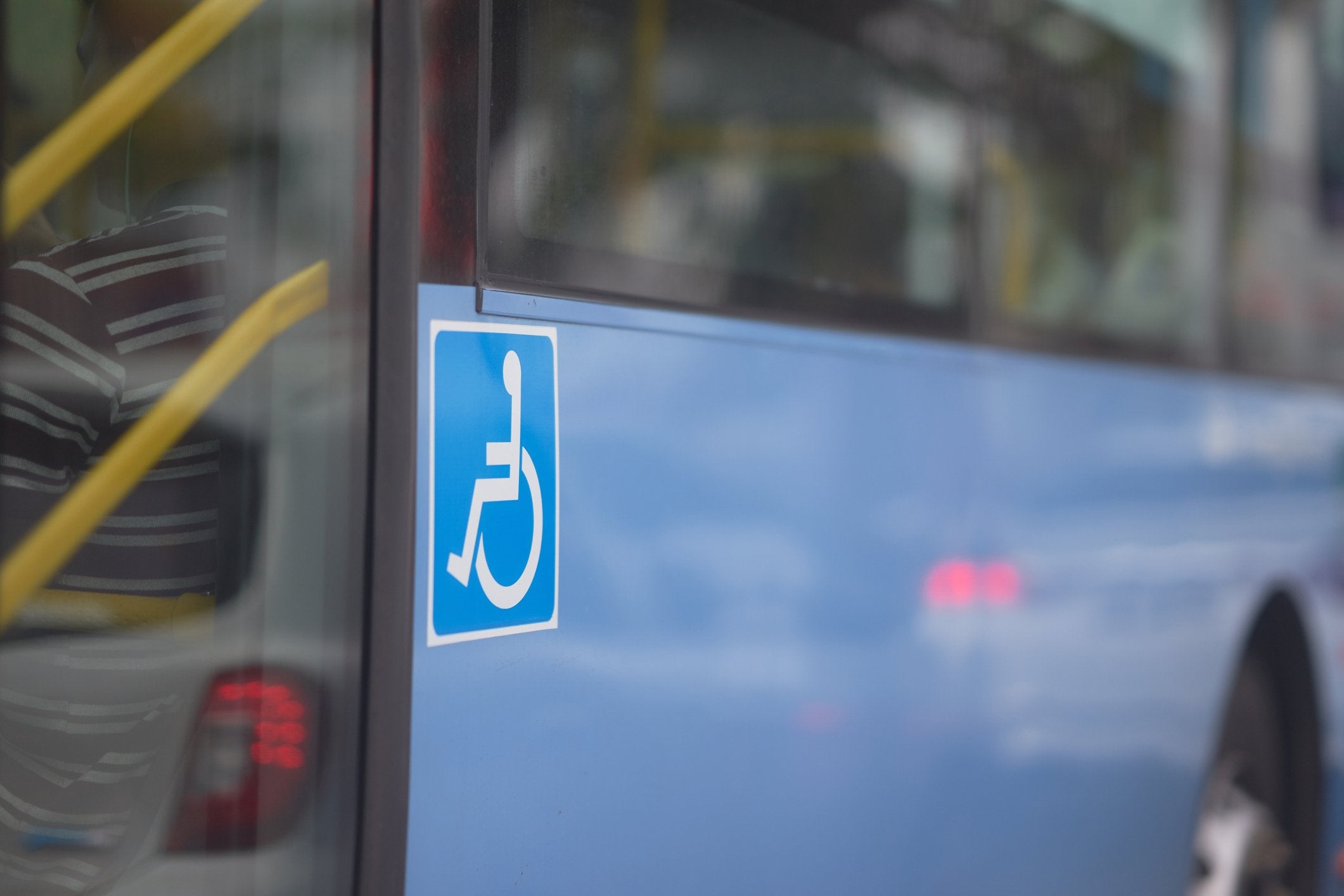The Georgia Department of Transportation’s workshop on the Rural and Human Services Transportation Plan focused its attention on the Central Savannah area on Feb. 22
GDOT, in partnership with the Department of Human Services and the Department of Community Health, is updating the plan, which provides mobility services for persons with disabilities, older adults and persons without a vehicle. Transportation is provided by public transit operators, humans service agencies, private providers and non-profit agencies.
The workshop included an overview of current transportation availability. When asked what services are missing, attendees mentioned transportation to help people get to and from work, as well as needing service to help teens between the ages of16 and 18 to get to apprenticeship sites.
“That is something that we have worked with our rural public transit operators to better serve workforce needs, both for the general workforce and for younger folks to get access to job training and other skills, said GDOT Transit Mobility Manager Matthew Wilson. “And so, there are ways in which we can partner with employers or with technical schools to offer those types of rides, it has to be a relationship between the local rural public transit operator and that entity.”
[adrotate banner=”51″]
Kirsten Mote of Modern Mobility Partners, an Atlanta-based transportation consulting firm that is assisting GDOT with the RHST update, turned the discussion to constraints on existing systems.
Comments ranged from transit service in Richmond County ends at 6 p.m. and there is no weekend service, to workers do not know what services are available in their area and that rural transit is perceived as being only for disabled riders.
In addition to the series of workshops, GDOT is also soliciting comments through an online survey. The survey is open to both transit providers and riders.
Cambridge Systematics, also part of the GDOT consultant team on this project, reviewed surveys received so far.
Baird Bream of Cambridge Systematics said 36 providers have responded to the survey so far. One question the survey asked of transit providers was what technology they currently use or are planning to use.
“Two respondents indicated that they currently use a smartphone app or website for trip planning and fair payment. But other agencies are considering adopting this tool,” he said. “We’re glad to see that. These kinds of trip planning services, either through smartphones or websites have definitely created a lot of value for customers. And it’s great to see agencies are considering a more kind of technologies centered approach to helping their customers figure out their travel options.”
Bream turned his attention to responses from citizens. He said 55 people have answered the survey, both riders and non-riders.
“Among those who do not ride transit, the two most common reasons for doing so are that they are interested, but transit is not convenient,” Bream said. “That might speak to some of those issues of perception and awareness that people don’t really understand how transit can be an asset to that and how it can meet need to meet a wide array of travel needs for them. Among those who do use transit, the most frequently selected challenges for using that transit are that it does not go to where they want to go, the distance to the nearest transit service is too far and it’s not reliable enough for time sensitive trips.”
[adrotate banner=”15″]
During the question-and-answer period to wrap up the workshop, participants were asked, if they had $1 million drop in their lap, how would they spend it.
Dr. Oliver Page, deputy director of Augusta Transit said micro transit services which would allow people to schedule a specific trip, electric vehicles and marketing rural services.
Samuel Perren of the University of Georgia’s Archway Partnership, which helps communities address critical community and economic development needs, said he would focus on workforce transportation for major employers and technical colleges.
The first workshops were Feb. 15 and focused on northwest Georgia and the Georgia mountains. The final workshops will be Feb. 24 for Northeast and Southern Georgia.
The online survey is available at: https://www.surveymonkey.com/r/RHSTRiders
Wilson said they will continue taking comments through the end of February. After that they will begin analyzing the data and finalizing the needs assessment document. That will be posted online in July and will be available for review and public comment for 30 days.
Dana Lynn McIntyre is a general assignment reporter for The Augusta Press. Reach her at dana@theaugustapress.com











